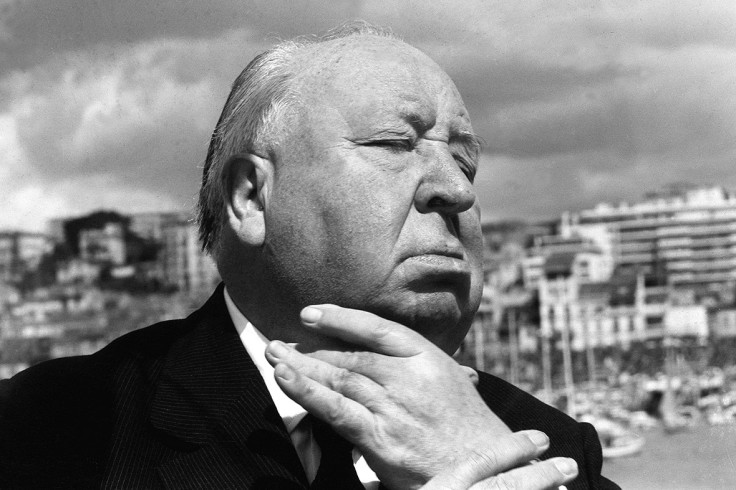Hitchcock Film Affects Brain Activity of Man in Vegetative State 'the Same as Healthy Volunteers'

A patient in a vegetative state has shown the same brain activity while watching an Alfred Hitchcock film as healthy volunteers.
For the study, published in the Proceedings of the National Academy of Sciences, scientists had participants watch an episode of the 1961 TV show Alfred Hitchcock Presents to study brain activity while they lay in an MRI machine.
As well as healthy volunteers, they studied the reaction of a man who had been in a vegetative state for 16 years.
In the film, a small child handles a gun that she believes is a toy, shouting bang every time she aims at a person and squeezes the trigger, Nature magazine reports.
While watching the show, all of the healthy volunteers showed activity in areas of the brain linked to higher cognition. A similar response was also seen in the man in the vegetative state.
Adrian Owen, a neuroscientist at the University of Western Ontario, Canada, said: "It was actually indistinguishable from a healthy participant watching the movie."
Another woman in a vegetative state only showed brain activity in sensory areas.
Owen's work has previously focused on detecting brain activity in up to one in five people believed to be brain dead. However, researchers believe this figure could be much higher.
Lorina Naci, who works for Owen and co-led the study, said they believe using film is a simple way to test consciousness: "It is a stimulus that engages attention naturally, and it's impossible not to follow – especially when you have an engaging movie from a masterful director like Hitchcock."
Owen added: "The reason Alfred Hitchcock is such a great movie-maker in this context is that his movies are filled with layers of inference and deduction, and he uses a lot of foreshadowing. All those things require executive processing. Those aren't things that go on unconsciously."
However, Naci said the similar brain activity does not necessarily mean the participants are experiencing the same thoughts.
Commenting on the study, Russell Poldrack, a cognitive neuroscientist at Stanford University who was not involved in the research, said it is important not to over-interoperate MRI responses.
"I would think of activity in these systems more as a marker of a particular aspect of conscious experience ... [However] the results look very solid to me, about as solid as one could hope for a case study."
© Copyright IBTimes 2025. All rights reserved.






















